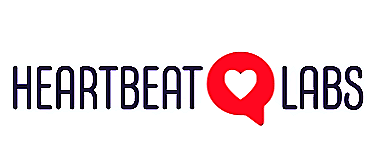Serving the Dominate and Expressive Caller

The dominant caller is relatively impatient and controlling. They want information -- fast -- so they can decide and move on.
Here’s how to tell if you are working with a dominant buyer:
They typically use direct sentences declaring their intentions and ask few questions. It would sound something, like "I'm looking to switch to a 15-year fixed rate mortgage." As opposed to, "Can you tell me if I’m in a position to move to a 15-year mortgage?”
In addition to their direct language, the dominant buyer’s volume is also noticeably louder than average. You may observe that if you are exchanging emails with this buyer type, you will notice that there’s not a lot of fluff in their writing – one-word sentences and abbreviations are their norm.
When you’re communicating with the dominant buyer:
- Realize their decisive nature. The sales cycle typically runs short with a dominant buyer. But be careful, so can their temperament.
- Don’t waste time repeating facts or trying to “sell” them on a program. Just cut to the chase.
- Avoid offering too much of your personal opinion unless asked.
- If you don’t know the answer to a question, let them know you’ll follow up. This will be far better received than giving a partially correct answer.
- Dominant buyers aren’t great listeners naturally, so keep your statements short and to the point.
The expressive caller is energetic and confident. They don’t like too many details and make up their mind quickly. While they’re typically people-pleasers, expressives have powerful personalities and strongly held convictions.
Here’s how to tell if you are working with an expressive buyer:
They typically use statements over questions, especially about specific things they want to do with a monthly savings or home improvements.
In addition to their expressive nature, they speak with an enthusiastic and intensified tone. Expressive buyers are more casual and friendly and less formal over email. They respond well to rapport building in writing and verbal conversation.
When you’re communicating with the expressive buyer:
- They make up their mind quickly, because of this, these buyers generally have shorter buying cycles and sometimes even buy on the same day.
- Don’t focus too much on facts and figures. Data is important, but an expressive type will ultimately want to know how their buying decision impacts their unique world.
- Summarize along the way. This ensures that you’re continually getting their buy-in. Ask questions like, "So, we agree that you’d like to take cash out to put that inground pool in, correct?”




